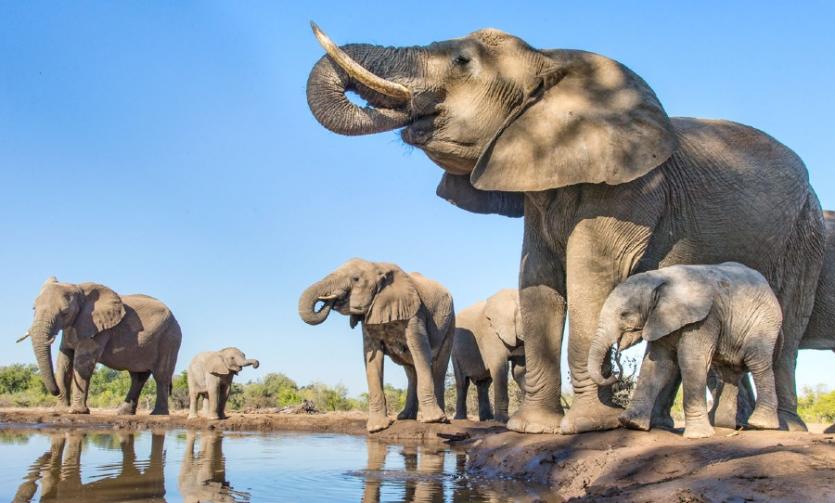Photo: Science
By Patryk Krych | The World Daily | JUNE 6th 2021
Authorities in Zimbabwe have been mulling over the idea of committing a mass culling on the country’s elephants for the purpose of population control, but conservationists are opposed to the idea, warning of the risks involved.
Where elephant populations have been in decline through most of Africa, this can’t be said for the country of Zimbabwe in South of the continent, where the mammoth mammals’ numbers have in fact been rising over the past few years.
At present, it’s been estimated by Zimbabwe authorities that the number of the elephant species in the country is currently over 100,000, which is up from an estimated 84,000 back in 2014. This most recent census was what sparked the government debate on whether or not a culling of the elephants ought to take place, as a means to protect both the country’s vegetations as well as other wildlife that these higher numbers may threaten.
“We are overpopulated when it comes to elephants in this country,” said the spokesman of the Zimbabwe Parks and Wildlife Authority (ZimParks), Tinashe Farawo. “We have vultures that breed in trees. The vultures are no longer breeding in Hwange (National Park); they have moved to other places because elephants have the habit of knocking down trees.”
A mass killing of elephants had taken place in the country back in 1988, when a similar crisis concerning populations growing out of control had occurred. Threats to vegetation and other wildlife had been observed, prompting the culling, though it’s currently unclear whether or not these killings will be repeating.
Instances of habitat destruction are becoming more prominent as the elephant numbers increase, and the amounts of human-wildlife interaction had also risen over the recent years, leading to a greater number of reported deaths annually.
The plans for the culling are presently in their early stages, and no decision has been made as of yet, but such a culling would be entirely legal under Zimbabwe law thus making it a very real possibility that may come to pass.
“Culling will eventually lead to extinction of these elephants,” said Centre for Natural Resource Governance (CNRG) spokesperson Simiso Mlevu, to Al Jazeera. “This is just the beginning. Very soon we will be forced to travel to other countries just to see an elephant.”






